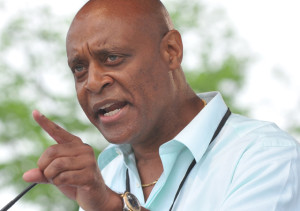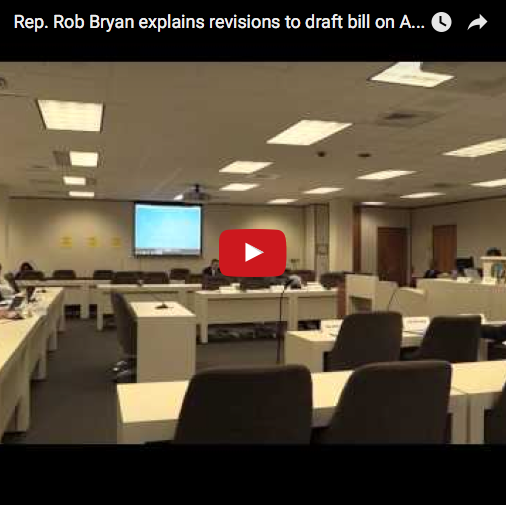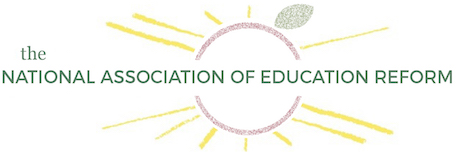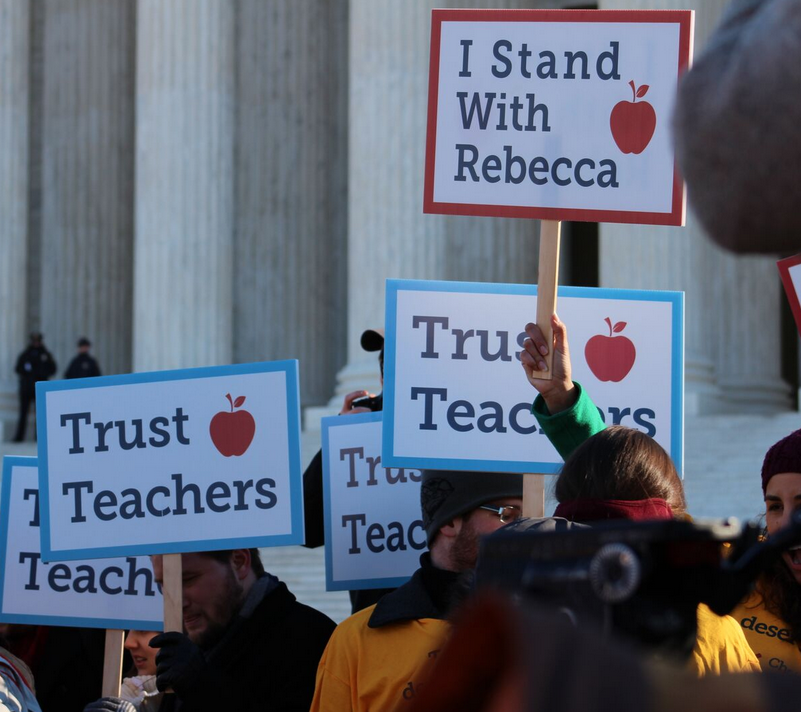Diverse coalition, compelling data and stories driving momentum
April 8, 2016
Washington, DC – A diverse array of parents, community leaders, pro-parent power legislators and Governor Charlie Baker have banded together to secure critical changes to the state’s charter school law that would ensure thousands more students have the opportunity for a better education. Their effort in Massachusetts is being seen nationwide as a model for other states facing similar challenges.
“Meaningful change can occur when strong leadership, substantive public policy reforms and sustained public support combine to achieve increased innovation and opportunity for children,” said Jeanne Allen, Founder & CEO of The Center for Education Reform. “Advocates on the ground in Massachusetts are doing exactly that. They recognize that despite some of the nation’s best charter school networks hailing from the Bay State, their C-rated charter school law must be improved in order for schools to expand and new ones to open to serve more students.”
Leading the effort to support pro-charter legislators and citizens, and working diligently to provide them with information and resources, is the Great Schools Massachusetts coalition, which includes the state’s successful charter school association. The coalition continues to grow, with more than 80 Latino leaders convening in East Boston last month to stress the overwhelming demand for more education options from Latino communities, as charter schools have proven they can close achievement gaps for English Language Learners and Latinos.
State leaders are also aggressively working to put an end to misinformation about charter schools and have launched an effort (www.charterfactsma.org) to educate the public more broadly about charter school demographics, outcomes, funding and results.
“Efforts to fix Massachusetts’ charter school law are powerful and being watched by other states trying to tackle similar issues,” continued Allen. “No longer can state leaders ignore the demands from tens of thousands of parents on waiting lists in almost every community where charters have whet their appetite for a better education.”













 THE REAL SEGREGATION IN EDUCATION. Education pioneer and
THE REAL SEGREGATION IN EDUCATION. Education pioneer and 




 is adding edreform to his resume, using his star power for good by
is adding edreform to his resume, using his star power for good by  RACE & CHARTERS. There’s a much bigger story to how and why charter schools uniquely succeed that was not covered well in The Boston Globe’s “Racial aspects tinge Mass. charter debate” article.
RACE & CHARTERS. There’s a much bigger story to how and why charter schools uniquely succeed that was not covered well in The Boston Globe’s “Racial aspects tinge Mass. charter debate” article.